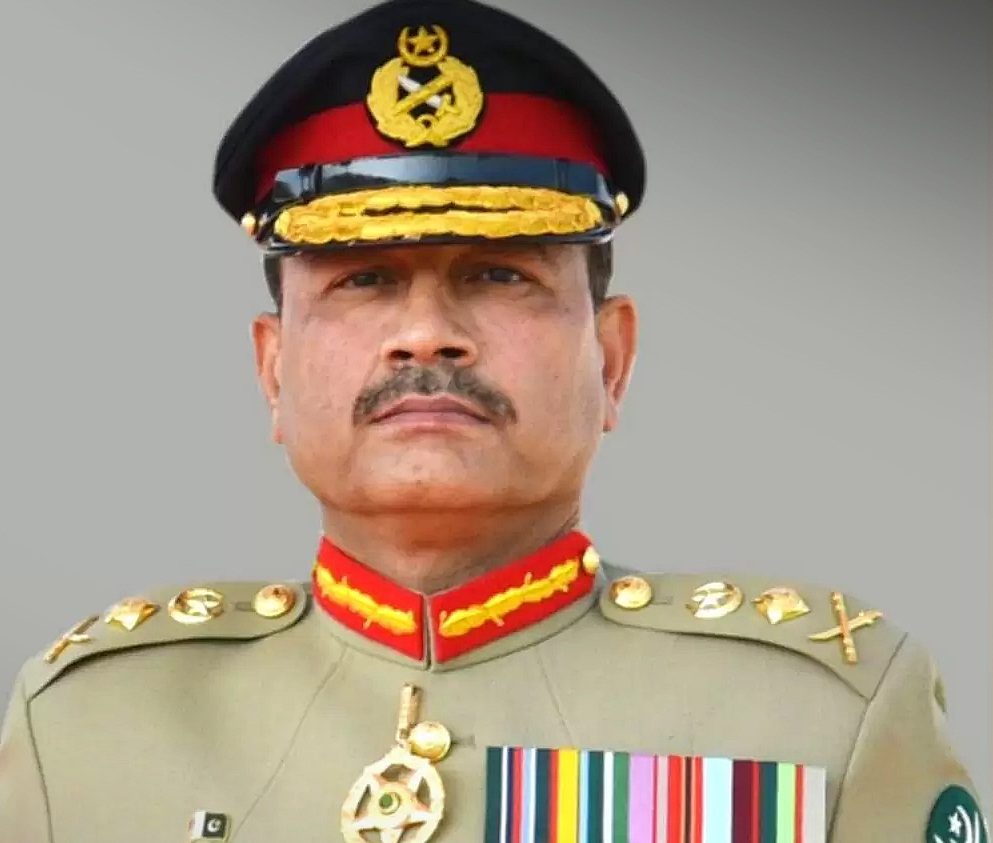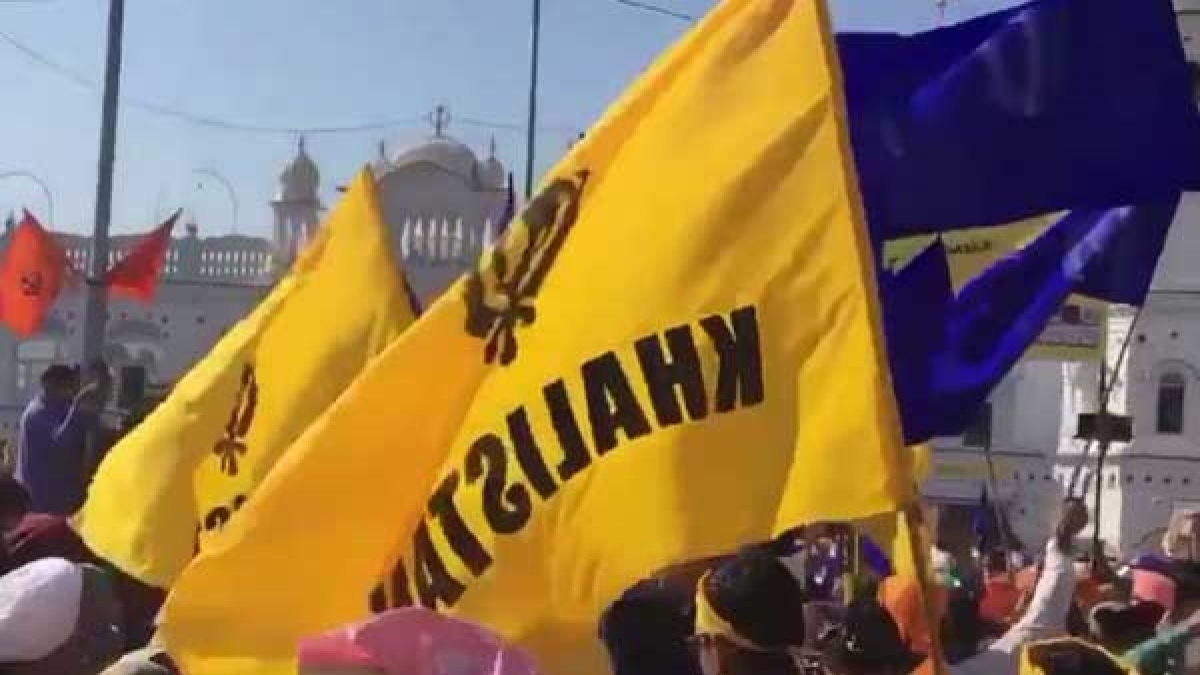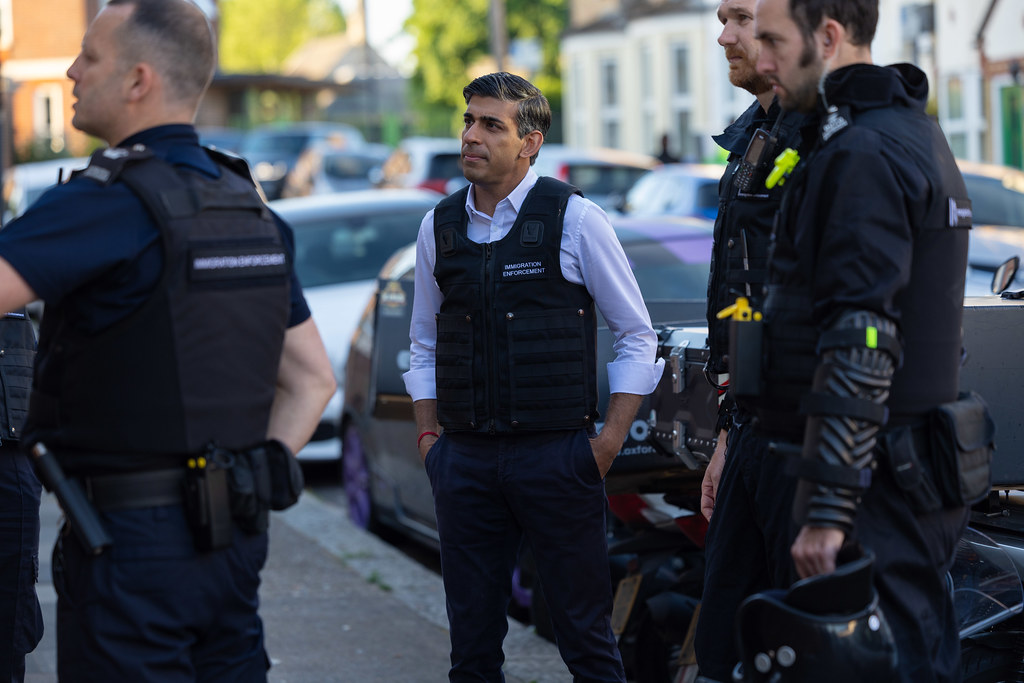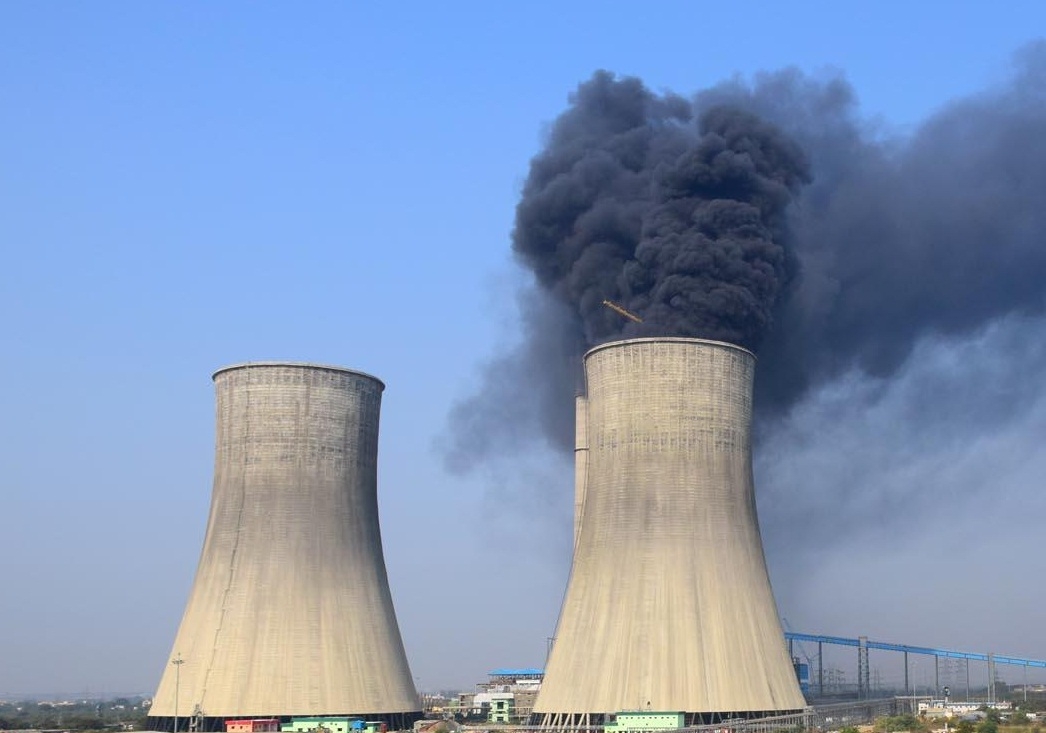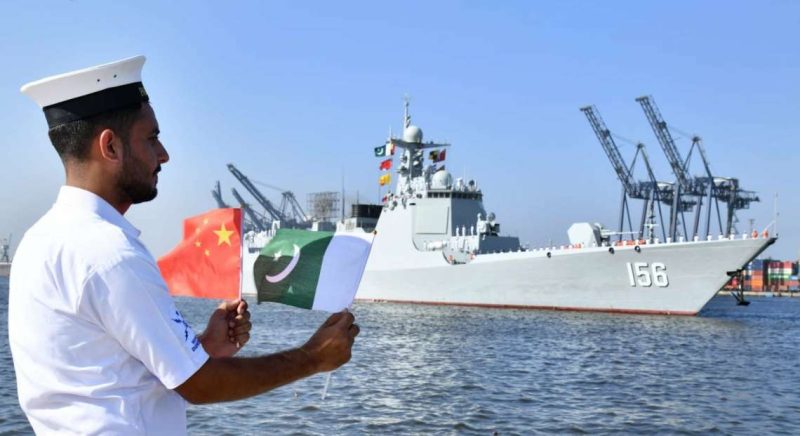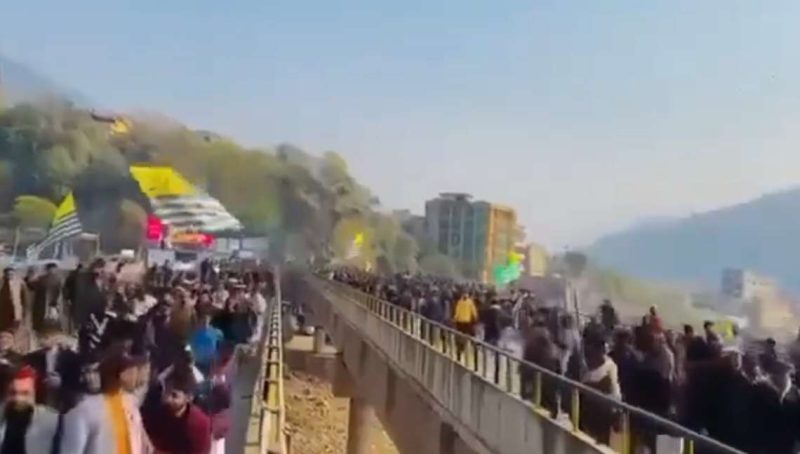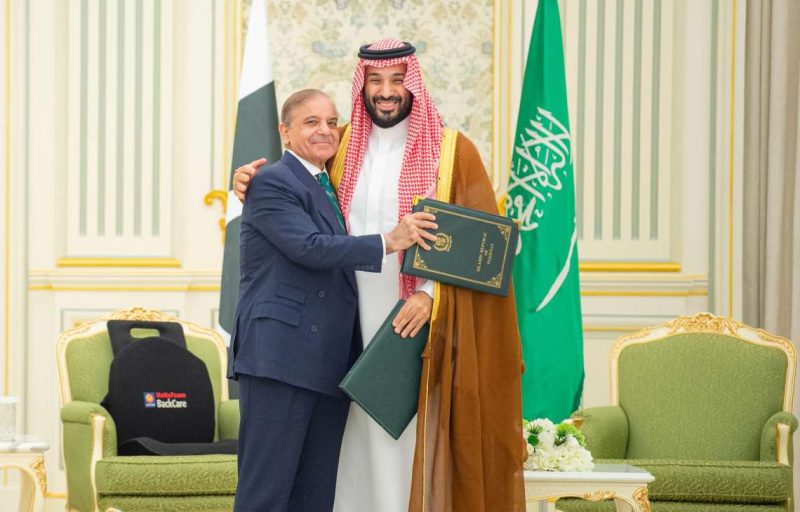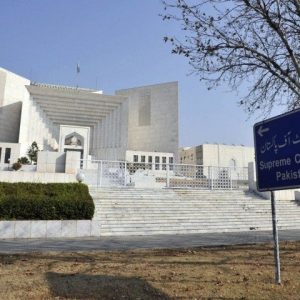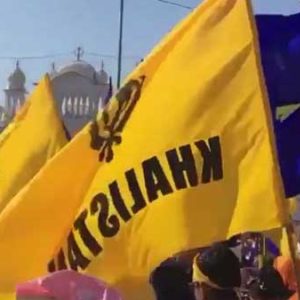Apart from Khan, who is expected to face arrest sooner than later, the military is hunting for other key conspirators responsible for the attack, reports Atul Aneja
Bereft of options, Pakistan’s ex-Prime Minister Imran Khan is desperately looking for outside support—from his overseas base of around 12,000 affluent Americans– and a dialogue with the military.
Within the country, his situation remains bleak. More so after Monday, the day when Chief of Army Staff (COAS), Gen. Asim Munir met Prime Minister Shehbaz Sharif.
Highly placed sources told India Narrative that COAS Munir stressed that the ruling coalition of Pakistan Democratic Movement (PDM) and Pakistan People’s Party (PPP) must not engage in dilly dallying tactics. Instead, they should focus on concrete measures to dock masterminds of the May 9 attacks.
Apparently, the Army Chief reinforced his position aired in a statement made after the June 4 formation commanders meeting that no mercy will be shown to the planners, instigators, abettors and perpetrators involved in the May 9 attacks on key military installations including Jinnah House, the Lahore Corps commander’s residence. The army had made it plain that those who conceived the attacks would be tried under the Pakistan Army Act 1952 and the official Secrets Act. It has been clear from the subtext that the ex-Prime Minster Khan is in the primary list of suspects behind the May 9 rebellion, but he is not alone.
Unsurprisingly, soon after Gen. Munir met the Prime Minister Sharif, the Pakistan National Assembly passed a resolution calling for the trial of the May 9 rioters—a clear move to impart legitimacy to the Army’s demand. It asserted that those who steered the attacks on military and state installations must be tried “without any delay” under the Pakistan Army Act, 1952. The stage has therefore been set for trials to proceed in military courts, where the higher civilian judiciary, generally empathetic to Khan and his ilk would be unable to play any role.
Gunning for Khan, the resolution said that “a political party and its chairman” broke the law and Constitution on May 9 and “orchestrated” attacks on military installations.
“The actions of this party and its chief caused damage, that cannot be compensated, to the state institutions and its evidence is present. Therefore, actions must be taken against them according to the law and Constitution without even a day’s delay,” it read.
It further said that “no human rights were violated in the inquiry against the rioters”. In an obvious reference to Khan’s Pakistan Tehreek- e-Insaf (PTI) party, it added that “a political party was spreading propaganda and levelling fake accusation in this regard”. The wording is a riposte to accusations of human rights violations in Pakistan and abroad against the hybrid civil-military establishment.
It is now clear that apart from Khan, who is expected to face arrest sooner than later, the military is hunting for other key conspirators responsible for the attack. India Narrative has learnt that the names include Murad Saeed, Hammad Azhar, Aslam Iqbal and Ahsan Niazi.
Saeed’s name featured in an FIR that listed PTI leaders involved in the attack on Jinnah House in Lahore’s Cantonment area. Saeed, Khan’s most trusted confidant is in hiding. It is speculated that he could be in Afghanistan, Khyber Pakhtunkhwa or Gilgit Baltistan.
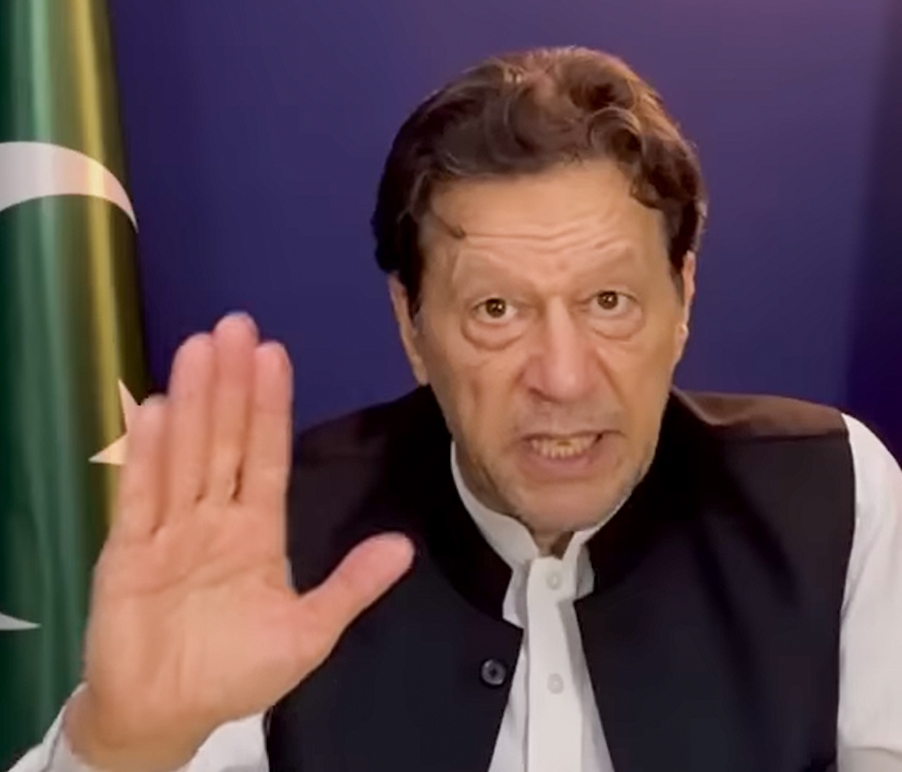
Aslam Iqbal a former provincial minister from Punjab has so far evaded arrest despite several raids. The Pakistani daily Dawn is reporting that the police has reportedly arrested his nephew on Wednesday. The ex-minister is also wanted in the May 9 Jinnah House attack.
Ahsan Niazi, Imran Khan’s nephew is also underground, and is believed to be in hiding in the Shaukat Khanam Hospital and residence of Dunya News owner Aamir Mehmood in Lahore.
With little room to run, Khan is virtually pleading for talks with Gen. Munir—a steep departure from his earlier “no dialogue” stance and cavalier approach to frontally attack the military top brass including the incumbent army chief, as well as Gen. Qamar Javed Bajwa, Gen. Munir’s predecessor.
In fact, the ex-Prime Minister had derisively called Gen. Munir as “Is Aadmi (this man),” instead of his official title. Khan’s attacks on Gen. Bajwa were even sharper, holding the former COAS responsible of backstabbing him.
But serious about cutting a deal even after the May 9 events, Khan had earlier constituted a seven-member negotiating committee, which included PTI Vice Chairman Shah Mahmood Qureshi and former ministers Murad Saeed as well as Hammad Azhar. But the initiative is expected to remain still- born on account of desertions from the PTI camp, and the military’s decision to go for the jugular instead of a compromise.
ALSO READ-Shell’s exit sparks domino effect fears in Pakistan



